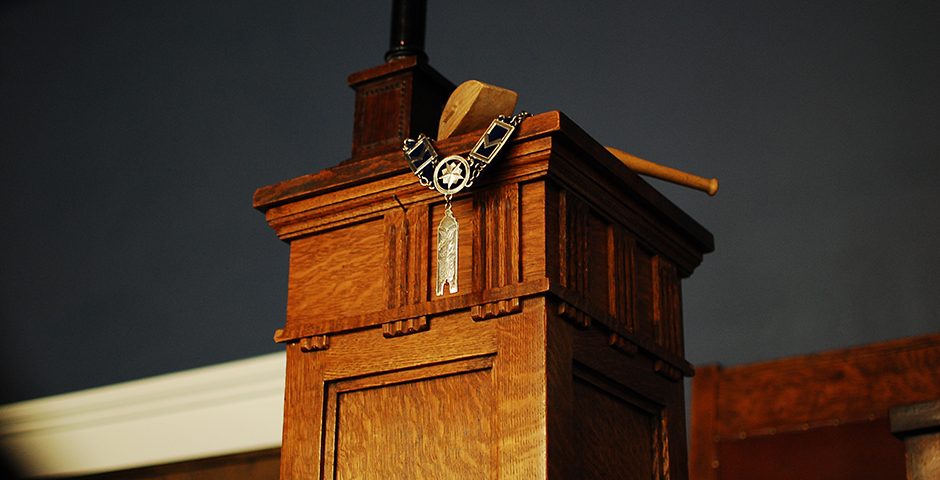The word “libertine” was first coined in the 16th century by the Protestant reformer John Calvin, to deride those who opposed his insistence that the discipline of his church be uniformly enforced against all citizens of Geneva, Switzerland. In later centuries the term became more generally equated with debauchery. Now, Merriam-Webster defines a “libertine” as “a person (especially a man) who leads an immoral life and is mainly interested in sexual pleasure.” In the 18th century, the “libertine novel” emerged as a recurring literary genre, focused on stories with anti clerical, anti-establishment, and erotic themes. One of the most famous novels of this genre, Les Liaisons Dangereuses (Dangerous Liaisons), was re-popularized in the 1980’s through an award-winning West End and Broadway play, and later a film which received multiple Academy Award nominations. This story centers on aristocratic adventures in seduction, revenge, and marriage-wrecking.
Moral behavior is unquestionably the foundation of Masonic practice. So, it is important to consider the origin and use of this significant yet now-uncommon term, in light of the 21st century. On the one hand, we do not lack for examples of debauchery in modern culture. Many “reality based” television shows are little more than parades of intoxication and sexual hedonism, more or less accurately reflecting much of modern social life. On the other hand, homosexuals – who since the fall of Classical Greco-Roman culture have been beaten, banished, fired, evicted, or killed on discovery for their “libertinism” – now freely participate in mainstream Western societies as law-abiding, tax-paying citizens, just as anyone else, at times in longer lasting committed relationships than most heterosexuals.
How do we make sense of such a cultural shift? Perhaps by recalling the origin of the term “libertine” in John Calvin’s insistence that his particular interpretation of Biblical morality be enforced by public law. In doing so, he arguably placed himself above the Creator. For God’s creation itself – as studied by Science and interpreted by Reason – teaches us that homosexuality is an inherently normal, recurring, minority expression of human sexuality which has existed throughout human history. If it were not, Science tells us it would have been bred out of our species by natural selection long ago. As a result, homosexuals themselves are now seen, by those who accept Science as a valid method for learning from God’s own creation, as no more “libertine” than anyone else, when welcomed to live as equal members of society. So, who is a Libertine? The examples are many in modern culture.
But, regardless, when we choose to judge others for violating a rule of “moral” behavior, it is important to ask: who made that particular rule? God, or man?


